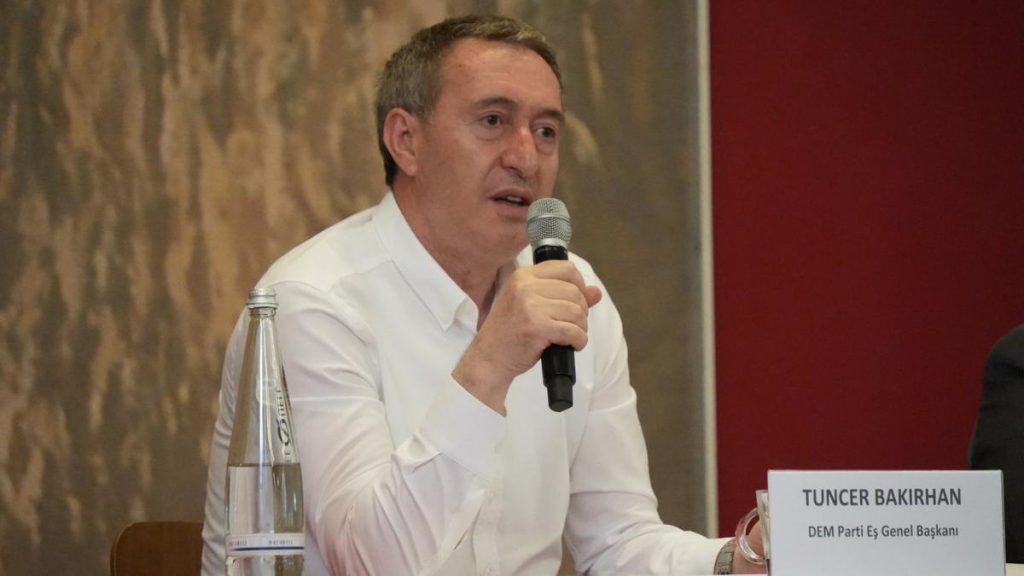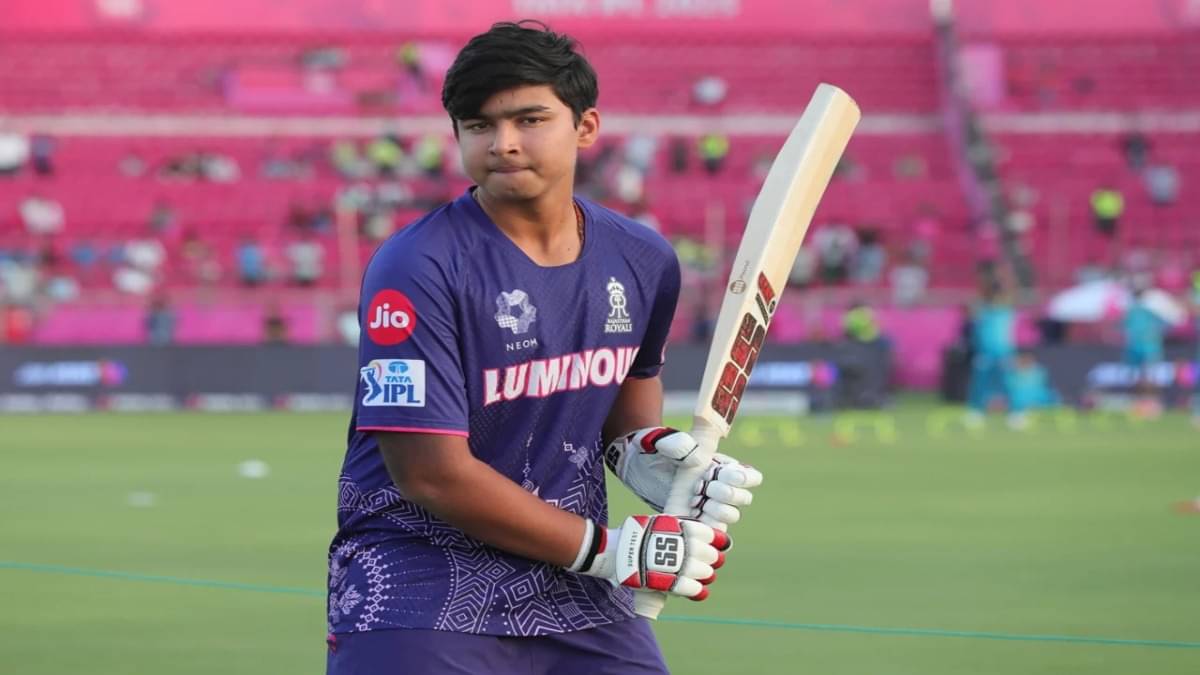Now Reading: Hyderabad CEO’s Comment on Festival Holidays and Productivity Sparks Debate
-
01
Hyderabad CEO’s Comment on Festival Holidays and Productivity Sparks Debate
Hyderabad CEO’s Comment on Festival Holidays and Productivity Sparks Debate

Quick Summary
- Viral Post: Ravikumar Tummalacharla, Hyderabad-based CEO of Cleanrooms Containments, posted on LinkedIn criticizing India’s festival holidays for causing low productivity. He stated there were “10+ holidays” in April 2025 and “no file movement for weeks.”
- Comparison: He suggested that India should learn from China’s prioritization of economic momentum, claiming “China is 60 years ahead.”
- Call to Action: Asked PM Modi and Labor Ministry to rethink the country’s holiday calendar.
- Backlash:
– Internet commenters widely disagreed with his post. Some argued it ignored cultural diversity and emphasized poor systems over holiday schedules as the root cause of inefficiency.
– Criticisms included factual inaccuracies about private office workweek norms and comparisons between India and China without accounting for contextual differences.
- CEO’s Follow-up Post:
– Defended his stance, saying critics should consider an entrepreneur’s perspective.
– Clarified he wasn’t advocating extreme work hours but critiquing a perceived national culture of excessive ease during holidays.
– Asserted AI alone cannot replace manual labor in key sectors like infrastructure, healthcare, or defense.
 Read More
Read More
Indian Opinion Analysis
The debate sparked by Ravikumar Tummalacharla’s remarks highlights longstanding tensions between productivity concerns and cultural preservation in India’s workforce.While his frustrations as an entrepreneur facing logistical slowdowns are valid to some extent, outright reduction or criticism of festival holidays oversimplifies systemic issues such as bureaucratic red tape or inefficient processes that hinder smooth operations far more than calendars do.
India’s rich cultural diversity necessitates recognizing festivals as integral to social harmony and personal well-being – something acknowledged globally regardless of economic aspirations. Comparing India directly with China overlooks significant differences in governance models, societal priorities, and values tied deeply with traditions.
Workplace efficiency could be better improved through investments in infrastructure technology (including AI where appropriate), streamlined operational practices across industries, and fostering accountability rather of targeting public holidays. Constructive solutions must balance entrepreneurial needs while respecting cultural heritage central to life in India.























